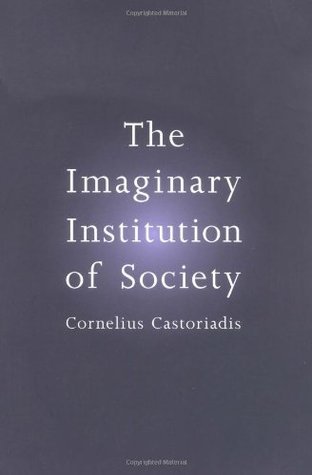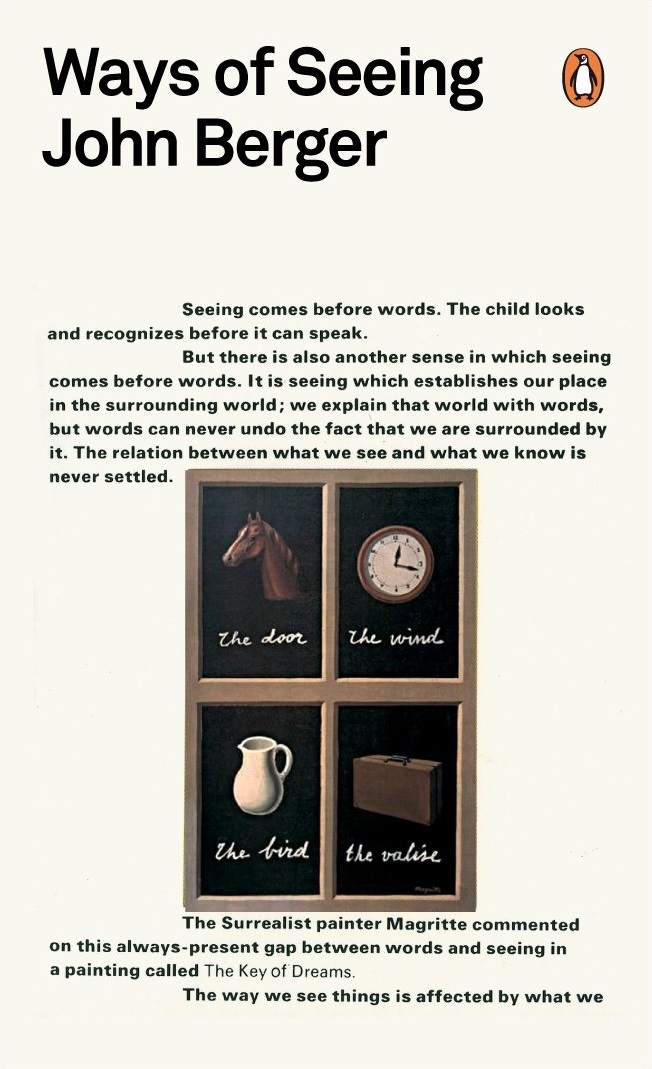
The Society of the Spectacle
Book Description
Imagine a world where reality blurs with illusion, where genuine human connection is eclipsed by images and commodities that suffocate authentic experience. Guy Debord's 'The Society of the Spectacle' dismantles the seductive power of consumer culture and mass media, exposing how a society engulfed by spectacle traps individuals in a cycle of alienation and superficiality. With razor-sharp critique and a call to awaken from this hypnotic state, Debord challenges the status quo and invites a radical reconsideration of existence. What happens when the veil is lifted, and reality is reclaimed from the clutches of illusion?
Quick Book Summary
Guy Debord’s "The Society of the Spectacle" argues that modern society has become dominated by images, representations, and commodities that mediate all social relations, creating a 'spectacle' that supplant genuine experience with manufactured illusion. In this spectacle, media, advertising, and consumer goods foster alienation, transforming people from active participants in life into passive spectators. Authentic community is fragmented, replaced by superficial connections shaped by consumption and display. Debord critiques how the spectacle serves the interests of capitalism by perpetuating passive acceptance of the status quo, ultimately calling for a revolutionary awakening to reclaim lived reality. The work stands as a foundational text in critical theory, challenging readers to recognize and resist the pervasive influence of spectacle in their daily lives.
Summary of Key Ideas
Table of Contents
The Spectacle as Social Relationship Mediated by Images
Debord begins by defining the spectacle as more than just a collection of images or media—it's a new mode of social relationship in which direct experience is replaced by representations. Modern society, Debord argues, organizes life around appearances, constructing a reality continuously mediated by images. These representations serve not to inform or communicate but to separate individuals from genuine participation in life and from each other. The spectacle, for Debord, is both a product of developed capitalism and a tool that perpetuates its dominance by shaping and controlling perceptions.
Alienation and the Commodification of Experience
Alienation is a core effect of the spectacle. As individuals increasingly engage with images and commodities instead of each other, authentic human connection diminishes. Experience becomes commodified—valued only to the degree it can be displayed or consumed through spectacle. This process erodes the ability to think critically or act meaningfully. Alienation thus extends beyond work, as described by Marx, encompassing every aspect of life, including leisure and even personal identity, all managed and manipulated through the spectacle’s logic.
Passive Consumption and Loss of Agency
Debord explores how the spectacle encourages passive consumption and diminishes agency. Mass media and advertising flood people with images, products, and narratives designed to seduce rather than inform, fostering a population of spectators. Individuals surrender autonomy, accepting pre-packaged experiences and opinions rather than creating their own reality. The spectacle thus transforms people from active creators into passive consumers whose desires and understandings are manufactured, reinforcing a sense of powerlessness and inertia.
The Spectacle’s Role in Modern Capitalism
The spectacle is not an accidental byproduct but a central mechanism of contemporary capitalism. It serves to maintain the social order by distracting, pacifying, and directing the energies of the population. Through the constant barrage of images and consumer choices, the spectacle makes its logic seem natural and inevitable. This acceptance ensures the uninterrupted flow of capital and sustains the alienated status quo, making genuine social critique and resistance difficult to articulate within a society saturated by spectacle.
The Possibility of Revolutionary Awakening
In his closing analysis, Debord calls for a revolutionary awakening—a movement to shatter the spectacle’s illusion and reclaim direct, authentic experience. He insists that emancipation requires not only economic transformation but also a cultural one: breaking the hypnotic grip of appearances and re-engaging with life as active subjects, not as spectators. By exposing the mechanisms and effects of the spectacle, Debord encourages the creation of situations where people can consciously construct reality, reviving genuine community and agency as foundations for a free society.
Download This Summary
Get a free PDF of this summary instantly — no email required.





